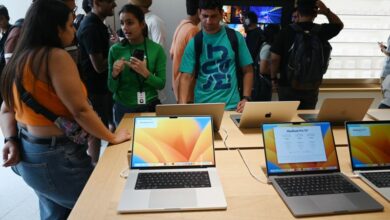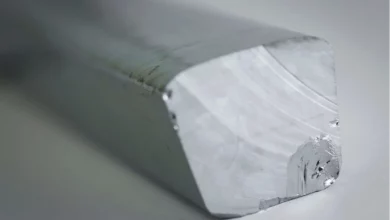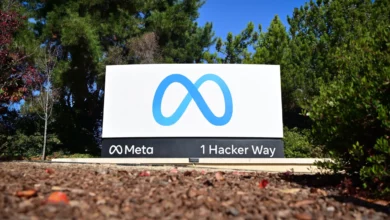Al-Masry Al-Youm met with Professor Fernand Cohen from the Electrical and Computer Engineering Department at Drexel University, when he visited the American University in Cairo to give a lecture entitled "Paradigm Shift in Archeology."
The following interview–part of our Green Profile series, in which prominent figures discuss pressing environmental issues–discusses Cohen's work with introducing new technology to the field of archaeology and his take on the environmental field pertaining to archaeology.
Al-Masry Al-Youm: Firstly, could you give us an overview of your work merging technology with the study of archeology?
Cohen: Intelligent sensor technology is ripe to have a drastic impact on the practice and focus of archaeology. Can one imagine how much more can archaeologists do if the mundane and labor intensive task of artifact reconstruction is halved in time or even more? This technology will free the expert from mending and reconstructing artifacts–a required step before any historical interpretation can take place. This will shift the focus into the important area of historical interpretation, as well as allow for an information exchange highway between experts all over the world.
Al-Masry: As you mentioned, archeology is the study of human history and pre-history. Do you foresee a role for environmental archeology in Egypt, whereby the focus would be on the impact of the environment on past cultures as well as how the environment served to influence and shape the social and economic aspects of past cultures?
Cohen: Though I haven’t worked directly in the field of environmental archaeology nor is it my specialty, I can think of many cultures, some in the US, where there was a lot of evidence of a focus on preservation of the environment and equally where the environment colored these cultures. Native American culture and practices come to mind as well as the Amish cultures in the US as examples of that.
The biggest lesson we learn from Ancient Egypt's culture the biggest lesson we learned is the use of natural material in the building of their dwellings. This is to be contrasted with the use of cement and reinforced concrete materials that cause a high degree of pollution and the release of carbon dioxide in the environment in gas form which is not only detrimental to the ozone layer but is the number one cause of global warming. I should also add that this is an industry that is not recyclable and is waste generating. It behooves every country to seek natural material to replace such hazard to the environment with natural friendly resources.
Al-Masry: What role do you foresee for the future in terms of the role of technology for achieving environmental protection?
Cohen: As technology becomes more advanced, there will be more and more irrefutable evidence of how much damage and harm pollution and industrialization are causing to the environment and the importance of switching to the use of green technology to start reversing that trend. I can also think of engineering technology that would be able to cut, reinforce and shape raw material to replace cement columns and casts, doing so economically.
Al-Masry: What do you take to be the most important lessons from the past which should be applied today with regard to environmental protection?
Cohen: The most important lesson is that the survival of the human species, its health and prosperity is not decoupled from the health of the environment. There are intricate balances that need to be maintained between the demands of modernity and a healthy environment. We cannot with one hand pollute the environment with industries that generate waste and expect this not to have an impact on our general health and, as importantly, the health of our planet.
Al-Masry: What do you take to be today's greatest environmental challenges?
Cohen: One of the greatest environmental challenges in my mind is green house gas emissions leading to global warming and the rapid growth of waste. It is no surprise that the rate of cancer in industrialized countries is double that of more primitives countries.
Al-Masry: What would be your message to today’s youth?
Cohen: There is more and more irrefutable evidence of how much damage and harm pollution and industrialization are causing to the environment and the importance of switching to the use of green technology to start reversing that trend. Current engineering technology is able to cut, reinforce and shape raw material to replace cement columns and casts. If we start using it extensively, it will become very economical.
We have an obligation to today’s youth to preserve the environment and to instill in them a sense of urgency to work diligently to find solutions for reversing that risky trend of polluting and wasting with no consideration for its short and long term impact. The new generation should be educated and feel that recycling and respect for the nature is second nature.




